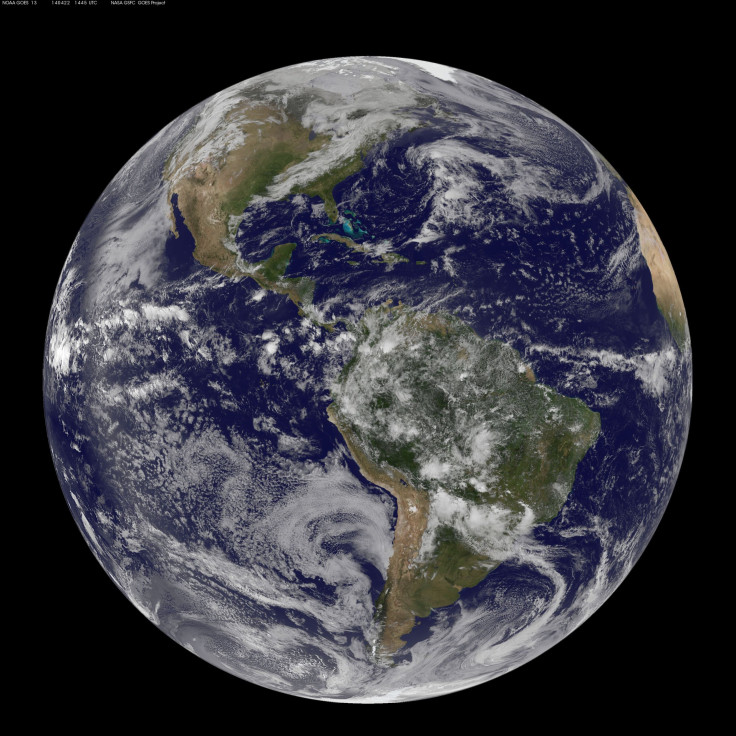Water, Life Appeared On Earth Earlier Than Previously Thought, Study Shows

It’s a well-known fact: 70 percent of the earth’s surface is covered in water. What scientists haven’t been sure of is when, exactly, oceans first appeared. But research by scientists at the Woods Hole Oceanographic Institution shows they were probably here much earlier than previously thought.
“The answer to one of the basic questions is that our oceans were always here. We didn’t get them from a late process, as we previously thought,” Adam Sarafian, lead author of the paper published Friday in the journal Science, said in a statement earlier this week. He’s also a student in the Geology and Geophysics Department at the Massachusetts Institute of Technology.
Traditionally, scientists thought all planets formed without water, which was then transferred to it from other sources like comets or asteroids. But Sarafian and a team of scientists at the Woods Hole have another theory.
"The study shows that Earth's water most likely accreted at the same time as the rock. The planet formed as a wet planet with water on the surface," said Horst Marschall, a geologist at Woods Hole and co-author of the paper.
The team used NASA samples of meteorites formed around the same time as earth that contain similar compounds as those found on Earth that are thought to be the source of water, which means the planet wouldn’t have needed an external source as previously thought.
Besides its implication for the study of oceans, the findings have a wider application. They indicate life on earth could have started to begin even earlier than previously thought.
"Knowing that water came early to the inner solar system also means that the other inner planets could have been wet early and evolved life before they became the harsh environments they are today,” said Sune Nielsen, another co-author.
© Copyright IBTimes 2025. All rights reserved.






















